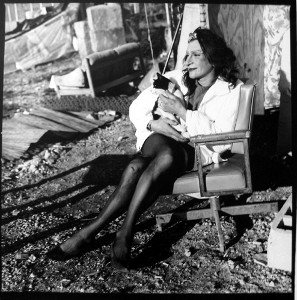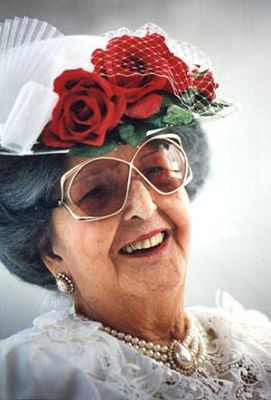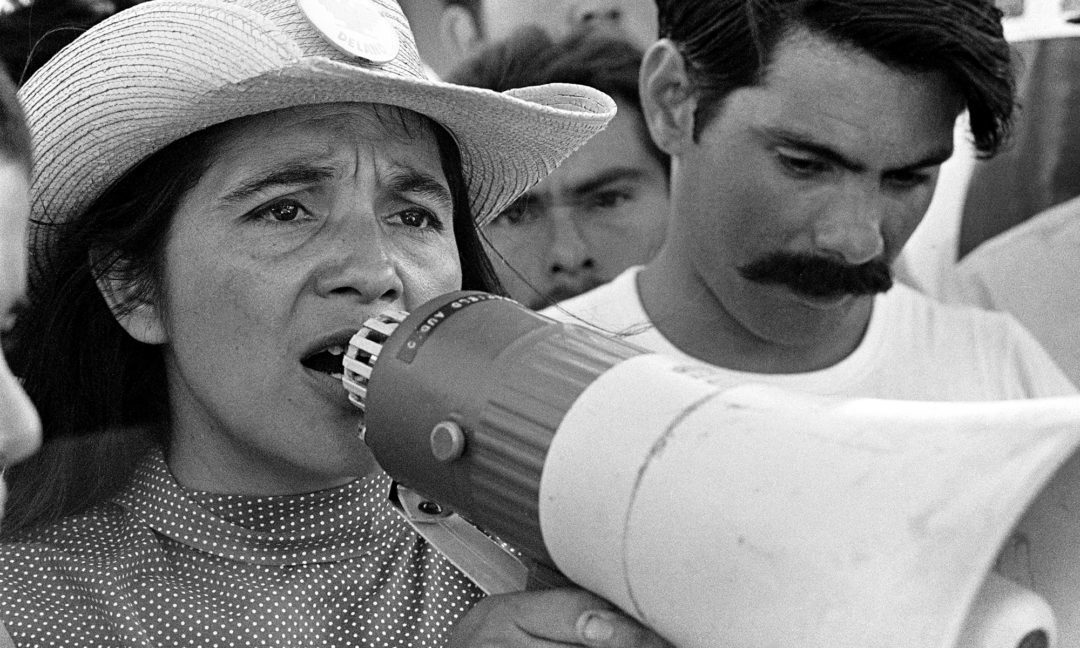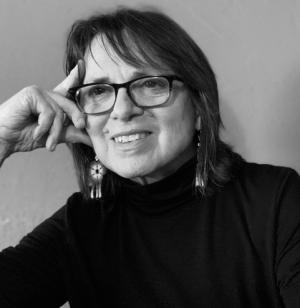TRAILBLAZING FEMINISTAS
Hispanic Heritage Month began as a weeklong celebration in 1968 under President Lyndon Johnson. Later on, in 1988, President Ronald Reagan extended the week to 31 days. The September 15th start date coincides with the national independence day of Guatemala, Honduras, El Salvador, Nicaragua, and Costa Rica. This month is a time for celebrating the culture, contributions, and history of the second-largest ethnic and racial group in the United States.
This dedicated month is a great opportunity to share stories of Latina feministas who fought for the rights of women and other marginalized communities. Here are five impeccable trailblazing women who have dedicated their lives to unwavering advocacy.

María Teresa Ferrari
1887- 1956, Argentina
María Teresa Ferrari was an Argentine doctor, educator, and pioneer in women's health care. Her research on radiation use for uterine tumors and the development of a vaginoscope revolutionized women's health services in her home country and Brazil. Ferrari also remained a firm advocate of women's rights and, in 1936, established the Argentina Federation of University Women, which sought to increase female professorship and further social and political gains for women.
Dolores Huerta
1930 - Present, New Mexico
At 92 years old, civil rights leader Dolores Huerta is still working every day to fight for immigrants' rights, agricultural workers, and women. In 1960, she began lobbying for legislation in support of Spanish speakers and undocumented people. Even though she was arrested 22 times for non-violent protests, Dolores still received many accolades and awards for her activism, including the Presidential Medal of Freedom and the Eleanor Roosevelt Award for Human Rights. In addition, her famous empowering slogan, "Sí, Se Puede," remains a rallying cry for change and perseverance.

Sylvia Rivera
1951 - 2002, New York
Rivera spent her lifetime championing intersectional awareness within the LGBTQ community. Rivera founded the Street Transgender Action Revolutionaries (STAR) with a friend and activist, Marsha P. Johnson, to provide housing and support for homeless LGBT youths in New York City. Since her 2002 death, her legacy has continued through The Sylvia Rivera Law Project, which pushes for legislative and political change to support gender expression.



